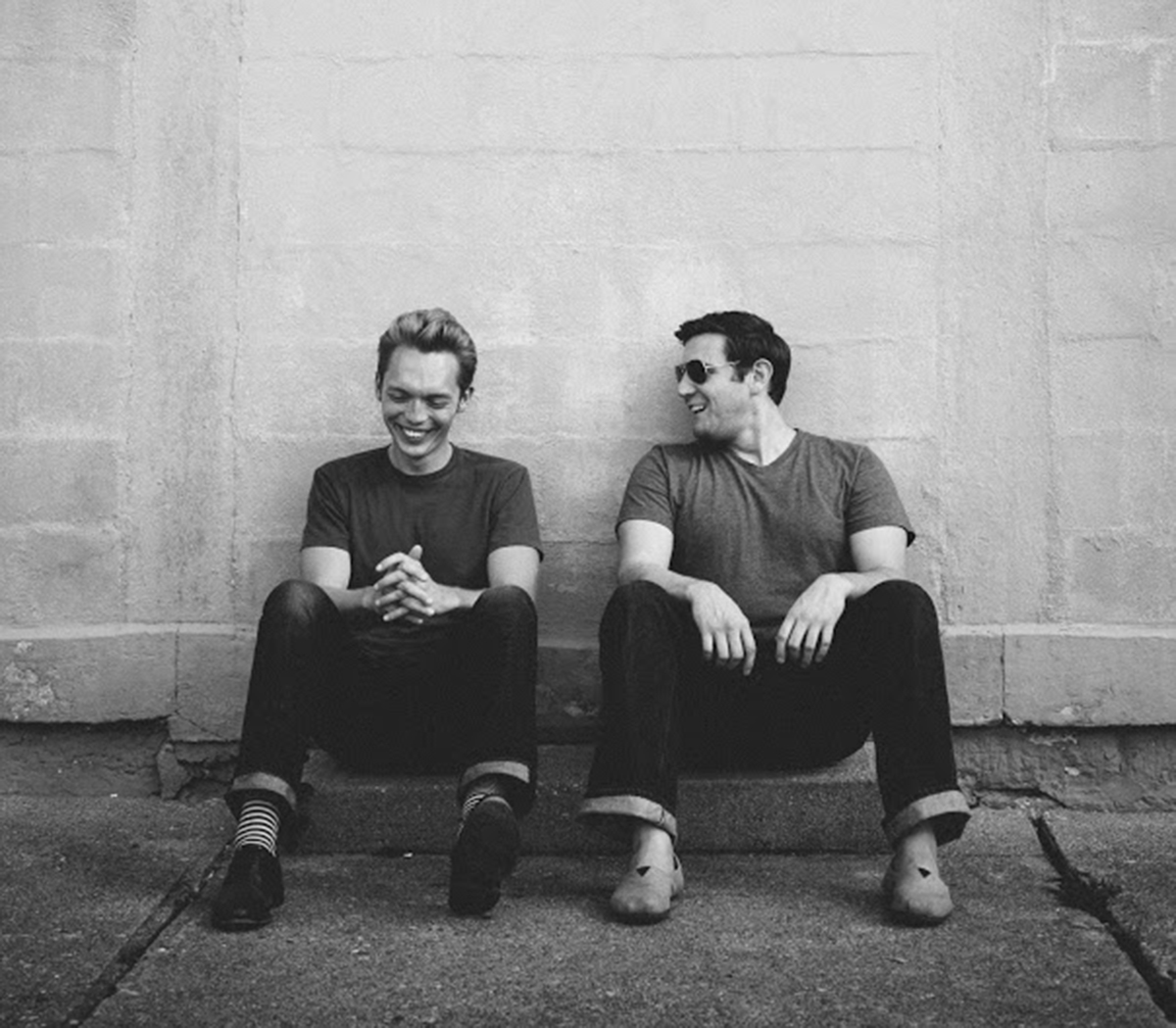The Minimalists Are Coming to Boston

Photo by Adam Dressler
A few years ago, Joshua Fields Millburn helped Ryan Nicodemus, his best friend since fifth grade, pack up all of the belongings in his three-bedroom, two-bathroom, two-living room condo. Everything from clothing and toiletries to kitchenware and electronics went into boxes and trash bags and big blue storage bins. The furniture was covered with sheets.
But Millburn wasn’t helping Nicodemus move into a new house—not yet, at least. Instead, this was a “packing party,” the first step on Nicodemus’s journey into the realm of minimalism, a lifestyle that Millburn had adopted shortly before.
During the next three weeks, Nicodemus only unpacked things as he needed them—his toothbrush, bedsheets, clothes for work, kitchenware, a toolset. But after three weeks, 80 percent of his possessions remained in the boxes, untouched, and even forgotten.
“It was kind of this big lightbulb moment for me. Wow, here are all these things that I’ve worked so hard for to bring into my life and make me happy, and they weren’t doing their job,” says Nicodemus in a phone interview earlier this week.
Until then, both Nicodemus and Millburn were in their late 20s, working 60, 70, even 80 hours a week, and earning six-figure salaries. They had a lot of money to spend, but neither of them was very happy.
“I was really trying to essentially buy my way to happiness, and it just got to a point in my life where I didn’t know what was important anymore,” says Nicodemus. “I knew one thing was clear: this void that I had that I was trying to fill with all this stuff. But the stuff didn’t fill the void. It really just widened it.”
As they approached 30, Nicodemus noticed a significant change in Millburn. Despite experiencing the loss of his mother and a divorce from his wife within the same month, he seemed much happier. He had discovered the concept of minimalism.
“It’s helped me to get the clutter out of the way to make room for the things that I feel are important in my life,” Millburn had told Nicodemus.
Since then, the best friends have both fully adopted the minimalist lifestyle, moving in together and leaving their corporate jobs to become The Minimalists—full-time authors and speakers who share their experience, documented on their blog and in two books.
Tonight, they’re coming to Boston, the 58th stop on their 100-city international tour to promote their latest book, Everything That Remains. (The irony of a 100-city tour to promote a book about minimalism is something that Millburn acknowledges and jokes about). In addition to an introduction by Chris Brogan and a musical performance by Jay Nash, Nicodemus and Millburn will discuss their experiences, read from the new book, host a Q&A session—the best portion of the tour for Nicodemus, who also offers one-on-one mentoring services to solve people’s problems—and give out lots of hugs.
“Make sure you tell people to come out for the free hugs,” he says.
As for the people that will make up the audience, anyone is expected. In Omaha, Nebraska, a 13-year-old boy brought his mother. An 11-year-old brought his father in Albuquerque, New Mexico. An 80-year-old great-grandmother brought three generations of her family to an event in St. Louis.
“On our first book tour we had Occupy Wall Street people show up to the same event as CEOs of major corporations,” says Nicodemus. “It’s people from all different ages and from all different spots on the socioeconomic scale.”
The reason for this wide spectrum is because minimalism is not just about decluttering in a materialistic way, says Nicodemus, since The Minimalists are not encouraging people to quit their 9-to-5 jobs or discouraging them from owning possessions that truly give them joy. The ultimate goal is for people to recognize their priorities and adjust their lifestyles accordingly—to reclaim their time. Nicodemus, for example, focuses on maintaining his health, nurturing important relationships, cultivating a personal passion, encouraging personal growth, and contributing to others on a daily basis. The materialistic decluttering—the “packing party”—was just a way of getting there.
“Love people and use things, because the opposite never works,” he says. “There isn’t a magic formula to say that if you’re a single white male and you can own 120 things, you’re a minimalist. Anyone can throw all of their stuff into a Dumpster and still be miserable. It certainly goes way past decluttering.”
The Minimalists’ event takes place Wednesday at 7 p.m. at the Metro Meeting Center, 101 Federal St., 4th floor. Admission is free, and registration is open on Eventbrite.


